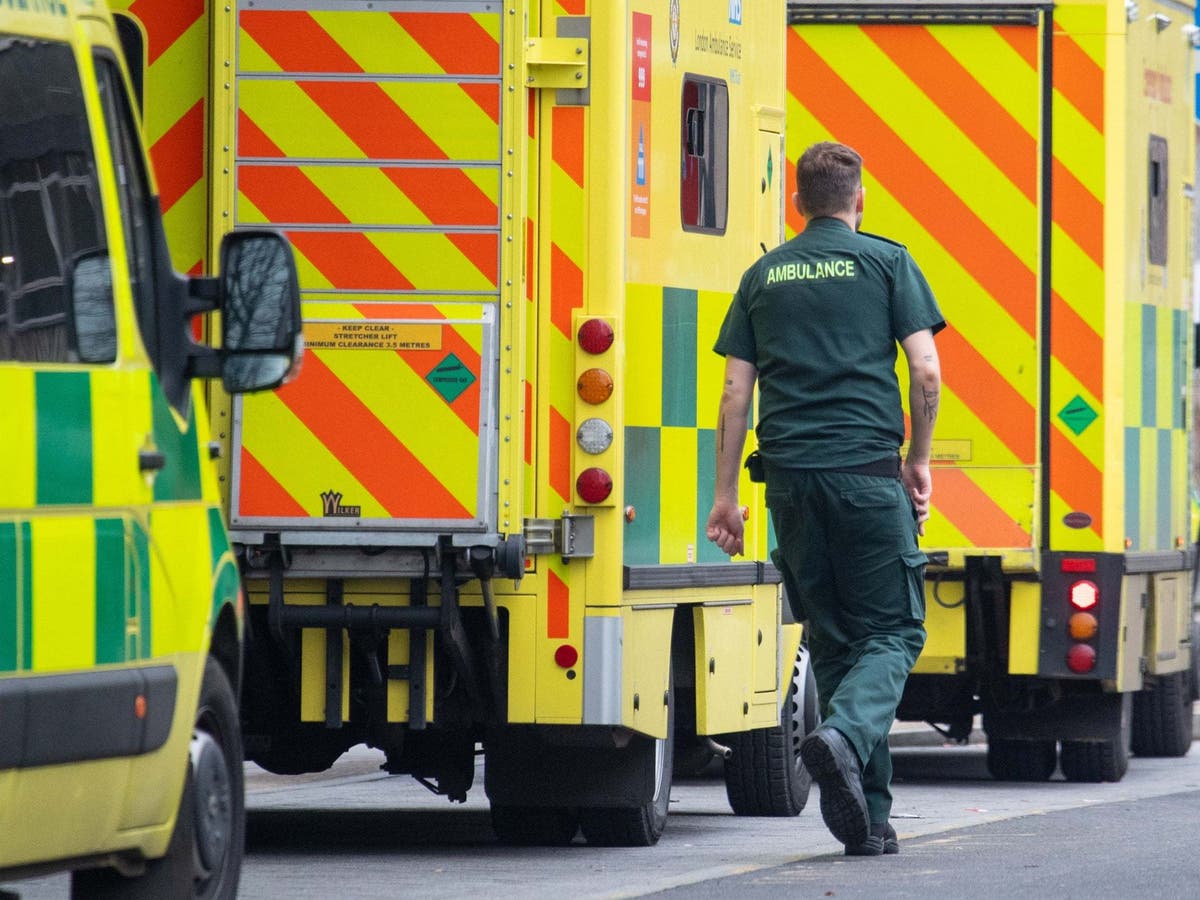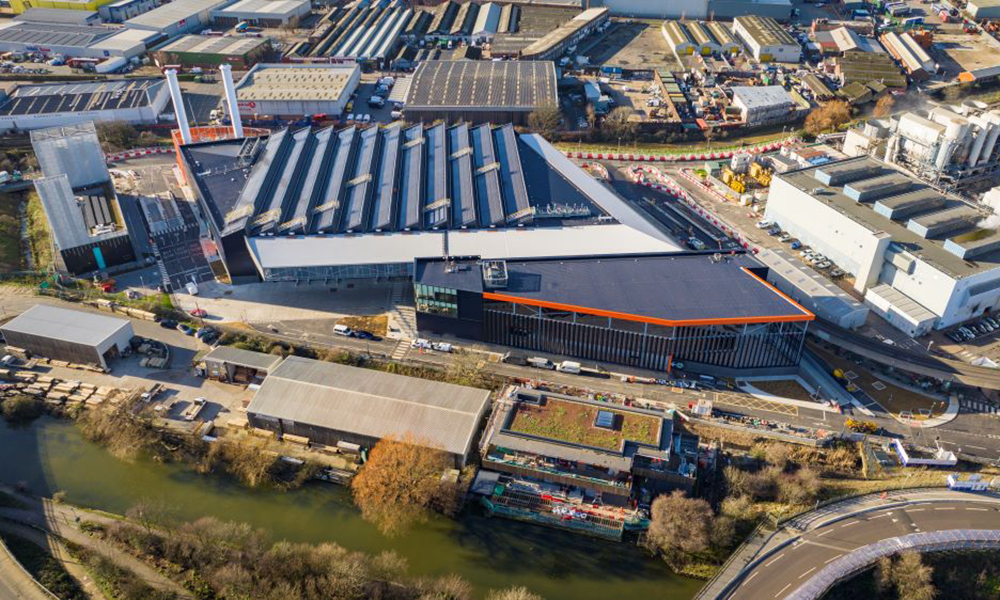
An NHS trust has spent more than two weeks running on emergency measures after skyrocketing demand since mid-September, while others have kept people waiting for more than a dozen hours in the backs of ambulances.
The Independent has learnt one patient in the West Midlands spent 13 hours waiting to be handed over to staff at the Shrewsbury and Telford Hospitals Trust.
Gloucester Hospitals Trust declared its internal incident on 19 September and only stood it down on 5 October, while London’s Barnet Hospital took similar extraordinary action on Monday due to high demand.
And at North Middlesex Hospital staff saw more than 200 patients crowd into the emergency department on Monday afternoon.
Declaring an internal incident is designed to activate measures that help hospitals deal with a sudden peak of demand and should only last for a short time.
Such pressures are being felt across the country with NHS managers seriously concerned about what the coming months will look like as temperatures dip. One said they had not seen things as bad in more than a decade.
In Gloucestershire, patients in A&E have faced 20-hour waits for beds and delays of between eight and 10 hours in seeing an emergency doctor, at the busiest times. The trust has declared three incidents due to pressure on the system since the start of last month. The latest was triggered on 19 September.
In a message to staff on that day the trust said it was seeing a “sustained increased in the number of patients” needing care while many were also waiting to leave hospital.
Workers were told to ensure all patients were reviewed and discharge plans created, with any delays escalated to bosses. Extra beds were also opened in the community to try and get more patients out of hospital.
On 24 September staff were told the pressures were ongoing and were asked to consider whether patients could be treated as outpatients in the community to avoid beds being used. One clinician at the trust said some patients were waiting so long to be seen in A&E that problems were being diagnosed late.
Although the hospital cancelled some routine operations it told The Independent it had been able to maintain cancer surgeries and other urgent operations.
Qadar Zada, its chief operating officer, said: “A combination of high demand, availability of beds, the complexity of patients presenting and the continuation of robust infection control measures in response to Covid-19, means that our teams are working under considerable pressure.
“While we did postpone some routine work in response, when capacity is constrained, our priority is to ensure that we do not postpone any cancer or other clinically urgent patients, which we achieved throughout this period.”
At North Middlesex Hospital in north London on Monday, more than 200 patients were waiting to be seen at the same time in A&E for the second time in recent weeks. Overall some 700 patients needed to be assessed by emergency teams that day, one of the highest totals ever.
At nearby Barnet Hospital, the Royal Free London Trust said its declaration of an incident on Monday reflected the high demand for urgent inpatient services but said services were continuing as normal. A spokesperson thanked staff for their work and said bosses were coordinating with colleagues in the area to provide care.
Massive demand for healthcare is also affecting ambulance services. A briefing to staff at West Midlands Ambulance Service (WMAS), seen by The Independent, said Monday 4 October had been one of the trust’s most difficult days “in a time when there seems to be no end of challenges”.
The message said: “While demand wasn’t particularly high, the impact that hospitals had on the ambulance service were dreadful, even in recent times. Average waiting times at Royal Shrewsbury hit four hours with over two-hour waits at Worcestershire Royal. Another five hospitals exceeded an hour for the average handover.
“Crews waited over nine hours to hand over at two hospitals and one poor patient was cohorted by ambulance staff for over 13 hours while waiting to be handed over at Shrewsbury.”
The situation has not improved this week, with WMAS losing the equivalent of 100 shifts to time spent waiting outside hospitals on Monday 11 October.
Its emergency services operations delivery director, Nathan Hudson, said: “There have been too many days like this in recent months. We are trying everything we can to get crews home on time.
“We have been increasing the number of cohorts to try and improve the situation but accept that some crews are still delayed significantly at the end of their shift, for which I can only apologise.”
https://www.independent.co.uk/news/health/nhs-emergency-ambulance-incidents-safety-b1937457.html





